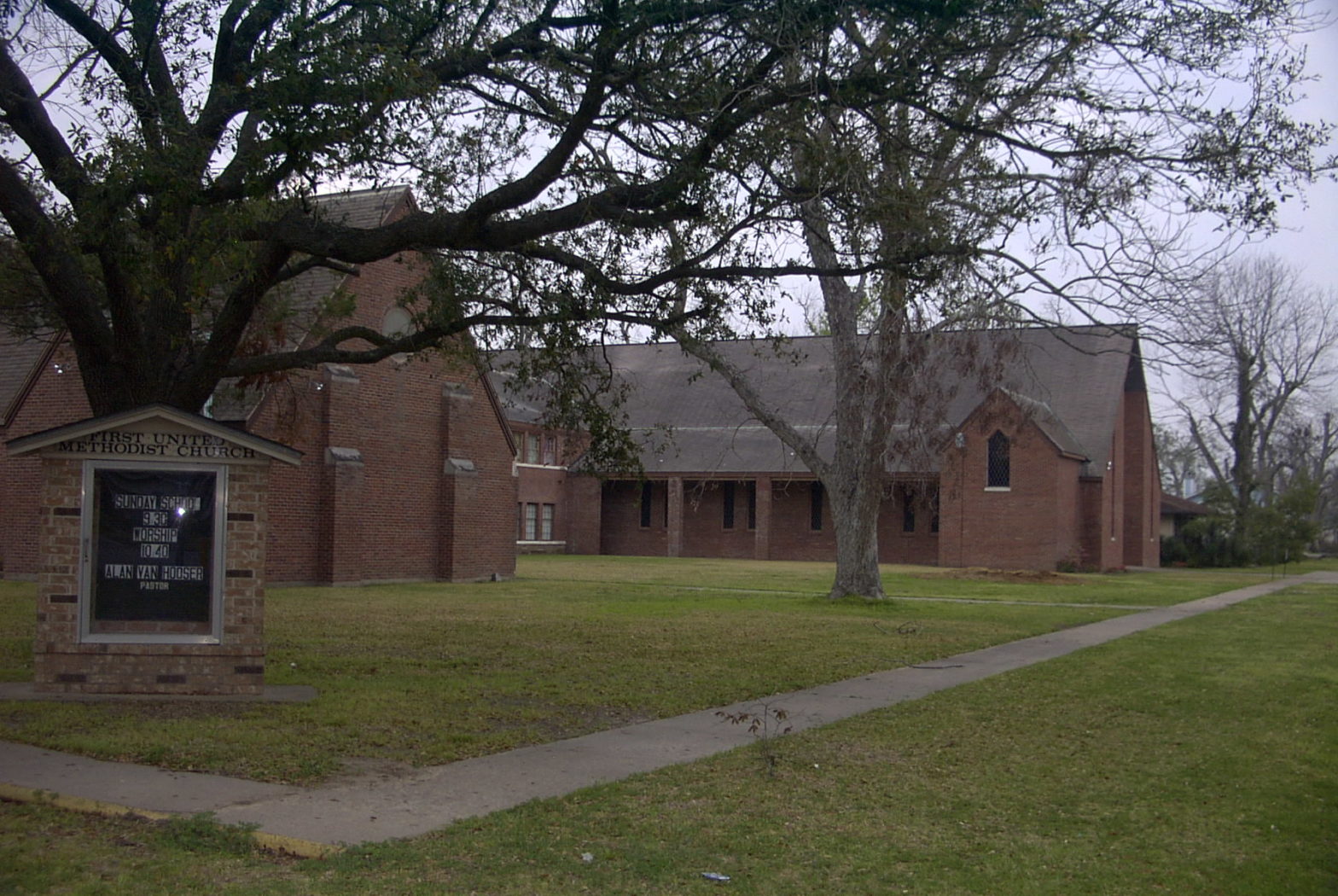The United Methodist Church (UMC) is a huge charterer of Boy Scouts of America (BSA) units. It is changing its relationship with the BSA.
The UMC’s path forward is churches no longer charter Scout units. Instead, councils, which are the nonprofits that run Scouting in defined regions, will become the chartered organizations for all UMC Scout units.
Explainer: All BSA units are “chartered” by a community-minded organization. A charter is like a franchise. Under BSA’s charter agreement, the community-minded organization owns and operates a Scout unit. This is the longstanding model for BSA.
Formerly UMC-chartered Scout units will shift to an affiliation agreement with churches. This agreement appears to mainly provides meeting space. For Scout units that successfully navigate this, youth members should notice no differences.
I believe this change is:
- A blueprint for other major charterers.
- The beginning of the end of the chartered-organization model.
- An opportunity for BSA’s volunteer commissioners.
This change means a lot on the back end. The unit is no longer owned or operated by UMC churches, and major responsibilities are shifting to BSA councils.
A premise behind the chartered-organization model is a level of investment and ownership in Scout units that is rare. Even when I was a youth (decades ago!), most units had only a “key relationship” with their chartered organization: “here’s the key to the building, I’ll sign that form once a year, and don’t bug me until next year”. It’s no different today.
This is certainly not what the chartered-organization model anticipates.
I am not blaming the chartered organizations. I think the model is obsolete. Can you think of any other major, youth-serving organization that works this way? I can’t.
We need a new path forward. This is the first time a major, national organization has reached an agreement with BSA like this. Other large charterers are not comfortable with the chartered-organization model. Can the BSA deny them this blueprint? I doubt it.
Here’s a challenge: The chartered organization has important duties, such as approving adult leaders. Also, since units are owned by the chartered organization, units operate as a part of the chartered organization. For example, First United Methodist Church’s Troop 123 is literally acting as First United Methodist Church in anything it does. This even includes matters like tax reporting.
It’s a big responsibility.
In shifting the charters to councils, if we make no changes, we’re heaping a lot of responsibility on council staff, which is already typically lean and overtaxed. How will they take on the Chartered Organization Representative (COR) role?
Explainer: The COR is the chartered organization’s official representative to each Scout unit. Among the COR duties are approving adult leaders, appointing some positions, setting expectations on behalf of the chartered organization, and voting in council matters.
Now let’s be clear: if councils are chartering units, we’ve moved beyond the chartered-organization model. We need to rethink the COR! We can divide it into three parts:
- Superfluous: Some red tape is needed only because the “charterer” is independent. When BSA itself is the charterer, this red tape becomes junk work. Trash it! (Want to get rid of the loathsome, annual rechartering process? This is how!)
- Professional: Some parts, such as fiscal responsibilities related to ownership of a unit, may need to be handled by council staff.
- Volunteer: Much of the role may be handled by volunteers in the commissioner staff. This may include approving adult leaders, direct relationship with troops, and more.
Let’s talk more about point 3: As a prior District Commissioner, I found the commissioner role to be ambiguous. That makes it hard to recruit for. Even 15 years ago, technology had already obsoleted a lot of our function, and the remainder was scattered. A role-enhancement could boost the commissioner role by adding clarity, meaning, and authority. That will help us find more commissioners!
It is crucial that we align the right personality to the adjusted commissioner role. It’s crucial that we fill commissioner staff with service-oriented problem-solvers who thrive on the initiative, innovation, and independence of unit leaders.
In changing its relationship with the BSA, the UMC has laid out a blueprint for other chartered organizations. This will soon kill the obsolete chartered-organization model. Change is hard, but volunteer commissioners can take on a good deal of the former responsibility of chartered organizations. In doing so, commissioner service gains badly needed clarity.

Leave a Reply